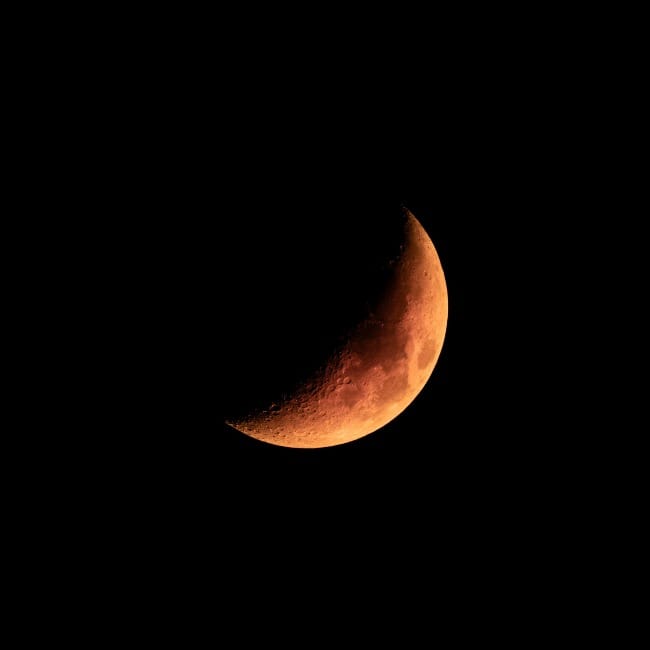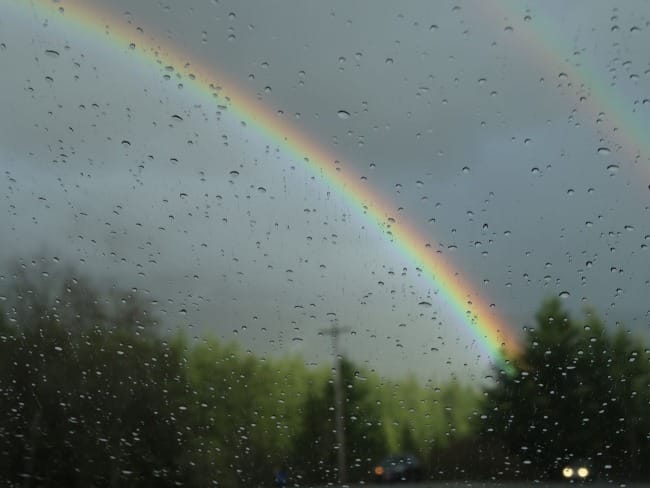When we approach life from a posture of praise, believing that praiseworthy things are all around us, we can see things to praise that we might have overlooked and, with practice, might even find ourselves able to praise things we did not ask for or want.
Praise the Rain by Joy Harjo
Praise the rain; the seagull dive
The curl of plant, the raven talk—
Praise the hurt, the house slack
The stand of trees, the dignity—

Praise the dark, the moon cradle
The sky fall, the bear sleep—
Praise the mist, the warrior name
The earth eclipse, the fired leap—

Praise the backwards, upward sky
The baby cry, the spirit food—
Praise canoe, the fish rush
The hole for frog, the upside-down—
Praise the day, the cloud cup
The mind flat, forget it all—
Praise crazy. Praise sad.
Praise the path on which we're led.
Praise the roads on earth and water.
Praise the eater and the eaten.
Praise beginnings; praise the end.
Praise the song and praise the singer.

Praise the rain; it brings more rain.
Praise the rain; it brings more rain.
“Praise the Rain” from Conflict Resolution for Holy Beings, © 2015 by Joy Harjo.
The poem, "Praise the Rain" by Joy Harjo, slides from word to word and from phrase to phrase a bit like a piece of music, which makes sense since Harjo, the current and three-time poet laureate of the United States, is also a jazz saxophonist and a singer. A member of the Muskogee Tribe, she is also the first Native American to be a U.S. Poet Laureate. This heritage is important in her poetry and the customs of gratitude and respect that can be found within native communities are evident in this poem and can teach all of us worthwhile practices.
First, there is a habit of attentiveness. In order to praise the "curl of plant" and the "seagull dive," we first need to see and take note of them. If we walk through our days with physical or mental blinders on, so caught up in our own internal and external conversations, tasks, and activities that we don't notice anything outside of that bubble, we are not being attentive. Do we put ourselves in places either physically or mentally where we can be surprised? Do we look, listen, pay attention to what is outside of us? To do this, we need to break habits of being absent from the place where our body is physically present.
Second, in praising things, we give weight to them. The origin of the word praise is from the Latin to prize, put value on, to consider meaningful and of worth. That doesn't mean that the thing being praised necessarily gives me pleasure (such as "the hurt"), but that I can look at it from a little bit of distance and acknowledge it as meaningful. I can cede it room in my mind and heart. In a world as self-centered as ours, this takes practice. I think of customs practiced by Native Americans such as thanking an animal that they have hunted for giving its life; this habit of honoring (not worshipping) other beings is a practice that is important to incorporate into our relationships with other creatures.
Third, there is a habit of receptivity. Reading this poem, there are several questions I find myself asking. The first is, "Is this rain falling on a flooded hillside that can't absorb any more moisture or is it falling on a parched plain, where the land is waiting to drink every drop thirstily?" In other words, I immediately wonder whether the object of the praise was desirable or undesirable—if this poem is saying to praise what we are emotionally grateful for or if it is saying to praise what we perceive to be bad as well as what we perceive to be good. Eventually, after sitting with the poem for a while, I don't really think that these are the right questions. The reader is exhorted to praise both things that might be labelled as "bad" and things that might be labelled, "good." Maybe we are too quick to call the easy and the pleasant "good" and the hard and the unwanted "bad."
Certainly, some items in the poem are harder to praise than others. Praising the "baby cry" might be instinctual while praising "the hurt," seems counterintuitive. But ultimately, the poem isn't about labelling things good or bad, it is about welcoming life in all its complications and intricacies. It is about having an attitude of openness to whatever experiences come into our days.
In this, I hear echoes of scripture like the passage from 1 Thessalonians, which states, "Rejoice always, pray continually, give thanks in all circumstances; for this is God's will for you in Christ Jesus." I also think of a verse from Ephesians 5, which says, "Sing and make music in your hearts to the Lord, always giving thanks to God the Father for everything in the name of our Lord Jesus Christ." Like the poem, neither of these verses contain instructions that are simple to put into practice.
In praising "the hurt" and "the house slack," we make room for what doesn't seem good, what isn't pleasant or easy. To praise those things suggests an ability to credit things with value that, surely at least on a surface level, don't seem praiseworthy. We might complain about the hurt, avoid the hurt, bemoan the hurt—but praise the hurt? Why would I do that?
The lines, "Praise the path on which we're led/Praise the roads on earth and water," give a partial answer to this question.
So often, we complain and rail against whatever circumstance we don't like that we find ourselves in. If things aren't as we want them to be, we quickly classify them as bad. What if we don't make that leap, or are at least slower to make that leap? What if, instead, we meet these things as part of the path on which we're led, opportunities to practice joy or perseverance or patience or courage or praise. Or perhaps that thing is on our path so that we can work to change it into something better.
Praise beginnings; praise the end is perhaps the most difficult call of all. Having been present at deathbeds, I know how hard endings can be to praise. But, although these are not my happiest memories, they are among the deepest ones I have had. Those moments are weighted for me with value beyond just about any other moments in my life and they hold a meaning that I do in fact, praise.
Each day is a space I inhabit. Although I can't control what will enter that day, I can foster an attitude of inhabiting each day as mindfully and as well as I am currently able. An important part of that is entering the day with praise and also leaving it with praise, looking carefully at what enters it and then choosing to sing praise—praising the consequential and what seems inconsequential at the moment. Praise the rain, it brings more rain.
Reflection Questions: What habits do you cultivate in yourself to practice praise? If you were to make a list of things around you to praise today, what would you put on that list? Can you praise the path on which you are being led?
Louise
Feel free to contact me directly at info@circlewood.online
